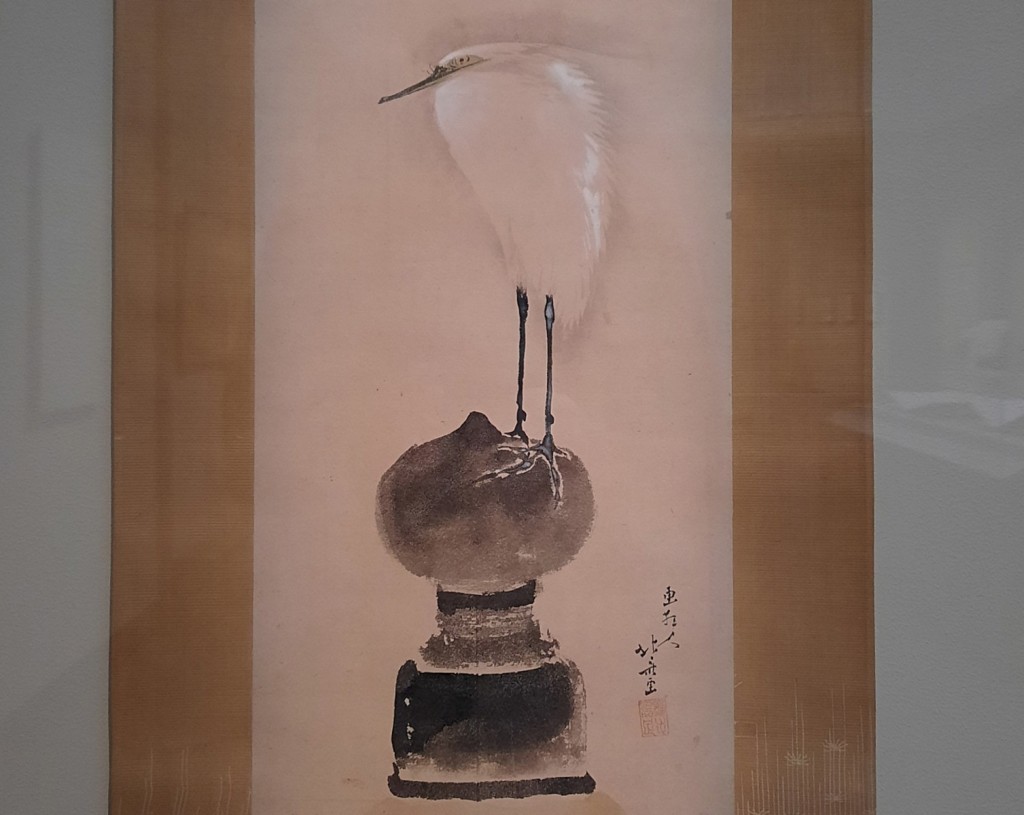
Reading this week:
- Brazzaville Charms by Cassie Knight
- Pastoral Song by James Rebanks
A matter of weeks ago now I started a job with the US Department of State. Pretty neat! This explains why these posts haven’t been going up at their normally appointed hour. The working life is tough! This is why I avoided it for a little over four years. But a strong desire to have a salary once again has driven me towards the 9-5 life. Oh, capitalism.
At any rate working for the State Department has been pretty interesting so far. Over the course of my grad school experience I spent a large chunk of time thinking about how things actually get done, and the thing that was usually getting done in this thinking was US engagement in Africa. There are a lot of people who are very passionate about international development and international engagement one way or another, and as a former Peace Corps volunteer and a grad student in a Global Affairs program I know a sizeable chunk of them. These people, and remember I am one of them, have a lot of strong opinions about what should happen and their zeal is focused of course on the delta between what they think should happen and what does happen.
I want to caveat that it is far from universal, but I think a lot of the time this delta is attributed to something along the lines of a lack of vision of the people doing the work. They don’t quite share the same passion for involving the people they’re trying to help in their development projects, or they don’t quite understand a cultural nuance on the ground. What I have generally discovered is that the people doing the work got into the work because they in fact hold all the same passions and zeals as my strawmanned critics. Unfortunately, this makes the delta between the should and the is more complicated to explain, but now I am perched in the perfect spot to figure out what that is.
One thing I haven’t quite fully figured out is who actually makes policy happen around here. More caveats! So far, for me, the State Department is very small. I talk to a handful of people at the embassy, and I have one or two counterparts in different bureaus and divisions. Relatively speaking, my sense is that there aren’t a lot of people in the Africa space. I hear in other bureaus multiple people will cover a single country, instead of a single person covering multiple countries, but those other countries are outside my purview so I’m not very sure. The caveat I’m building up to here is that I don’t really know how things work, and in fact I just don’t know a lot of things. I’m pretty new. But there do seem to be a lot of people at the State Department who talk to other people in the State Department, and who monitor things and who write reports and who tell those things to other people, but who actually makes US policy happen in, to, or around a foreign country?
Stunningly, I’m starting to think that person might be me. I’ve sent emails and made phone calls to counterparts in foreign countries and, stunningly, things happen? Nothing earth-shaking yet. I haven’t sent enough emails to get world peace yet, though by golly if my sent folder is anything to go by I am trying. Still, I feel like there must be something more.
One model I have of the State Department is that there is in fact a very small number of people who have the ability to affect anything. The rest of the State Department is therefore geared towards getting a certain concept across their eyeballs as often as possible. If you want to affect policy in so and so country, you try to make a lot of noise about so and so country, so that the people who can affect things read reports and the like about so and so country pretty often. Then, when it comes time for some event, or they have to decide something about policy, since they have thought about so and so country so often that they default to that course of action.
I don’t know if that model is accurate but I’m excited to refine my theories as time goes by. One thing I hope to avoid is losing any zeal I have. One unfortunate part about knowing how the system works is that while you learn why things are the way they are, that might convince you that things are the way they are for a good reason. You gotta keep a keen eye out for where things can change. I don’t know if I’ll pull that off, but I’ll let you know how it goes.



























You must be logged in to post a comment.